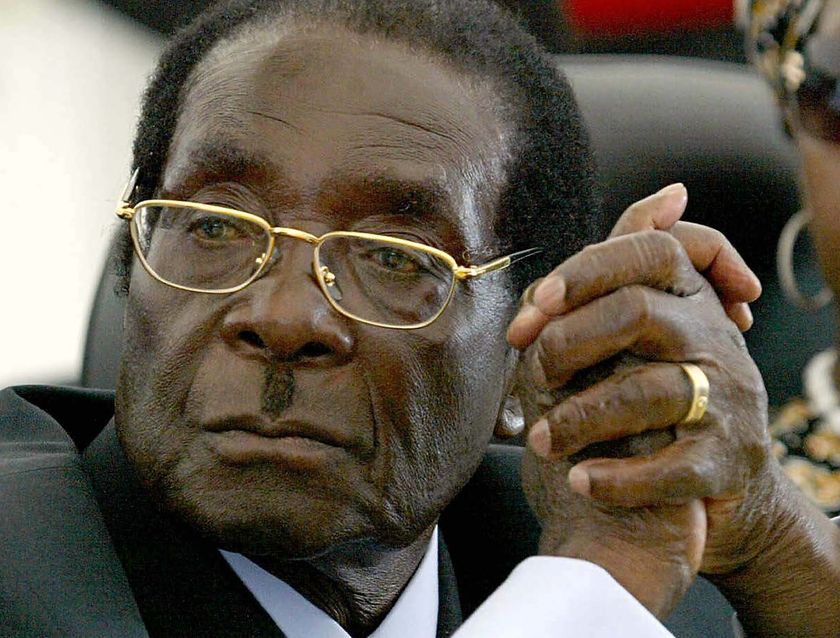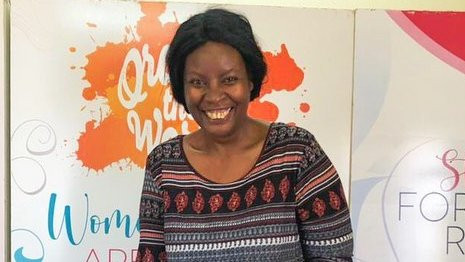
BEIJING – President Robert Mugabe was yesterday welcomed with full military honours on a five-day state visit to China, during which he hopes to secure more investment in his country’s ailing economy.
Africa’s oldest leader was greeted by his Chinese counterpart Xi Jinping at the Great Hall of the People fronting Tiananmen Square in the heart of Beijing.
A military band played the two countries’ national anthems as a 21-gun salute was fired and the two presidents inspected a military honour guard.
Zimbabwe’s state-owned media at the weekend quoted his spokesman George Charamba saying he was “largely looking for investment of an infrastructure nature”, with the focus on energy and transport.
The country’s links with China and the Communist Party date back to the liberation struggle of the 1970s, when Beijing provided arms and trained some of the top guerrilla leaders.
It is Mugabe’s 13th trip to China.
President Xi hailed Mr Mugabe a “renowned leader of the African national liberation movement” and “an old friend of the Chinese people”.
He said: “The traditional friendship between China and Zimbabwe was forged in the glorious years when we stood shoulder to shoulder against imperialism, colonialism and hegemony.
- Chamisa under fire over US$120K donation
- Mavhunga puts DeMbare into Chibuku quarterfinals
- Pension funds bet on Cabora Bassa oilfields
- Councils defy govt fire tender directive
Keep Reading
“The Chinese people value friendship and we will never forget those good friends and good brothers who have shown mutual understanding and support vis-a-vis China and who have come through thick and thin with us.”
The remarks by the head of the world’s second-largest economy were unusually effusive compared to the usual Chinese diplomatic formality.
Mugabe said he felt “very much at home”, and thanked President Xi for the invitation, which reminded him of the past and “brings our past to the present”.
The 90-year-old has led Zimbabwe since it gained independence from Britain in 1980.
But his rule has become synonymous with corruption and mismanagement, leading to hyperinflation and economic stagnation, along with brutal crackdowns against political opponents.
There was a partial recovery during a power-sharing agreement with the Movement for Democratic Change, but this ended last year when Mugabe’s Zanu PF party won the disputed election amid claims of vote-rigging.
Independent economists estimate unemployment, in what was once known as the breadbasket of Africa, stands at 80%.
The EU and US imposed sanctions against Mugabe and his allies as he turned into a Western pariah, while he adopted a “look east” policy, forging closer ties with east Asian countries including China.
Chinese investment in Zimbabwe in non-financial sectors was more than $602m (£363m) last year, according to the official Xinhua news agency – more than any other African country.
Chinese companies are active in mining, construction, telecommunication and agriculture in Zimbabwe. Mugabe was behind Zimbabwe’s controversial seizure of white-owned land, and the country has a law requiring foreign firms to hand over 51% of their shares to black Zimbabweans, although it is not known how this affects Chinese investors.
— SkyNews










